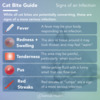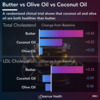
Vitamin D May Protect Against The Flu
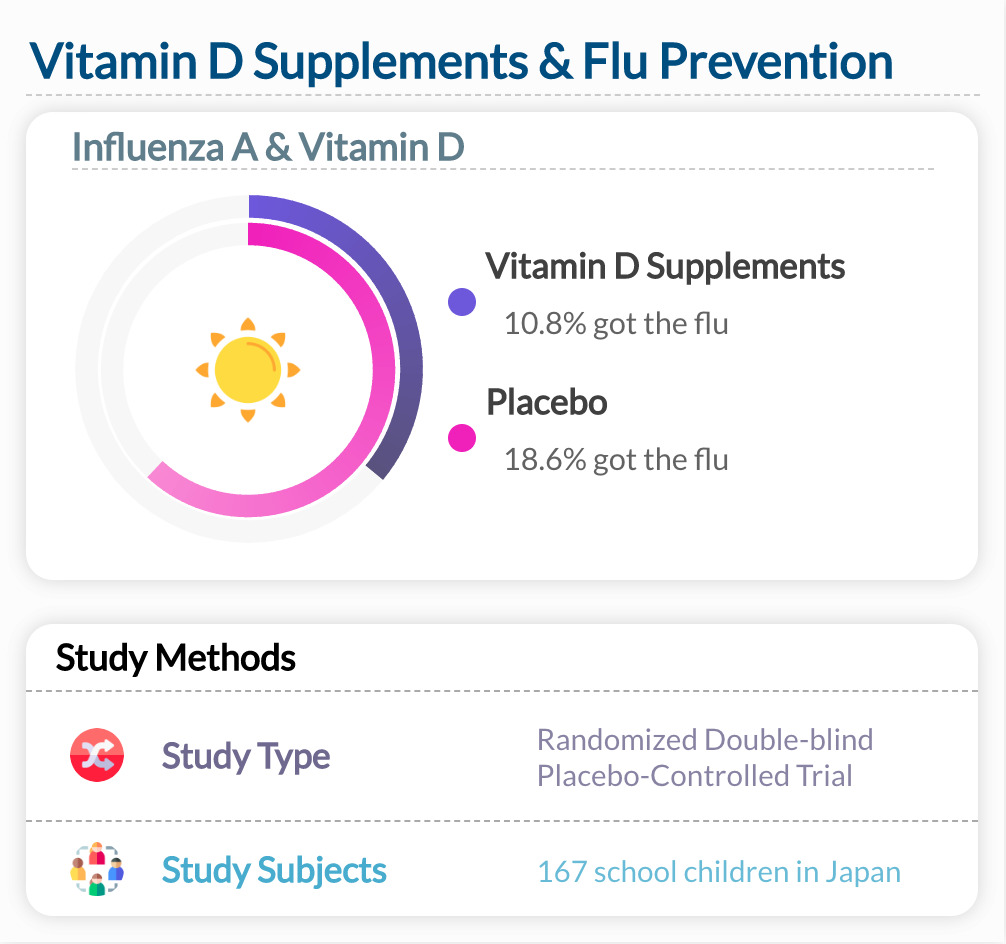
A study found that students were just over half as likely to get Influenza A if they were given vitamin D supplements compared to students who received a placebo. This study was conducted in Japan and was designed to investigate whether Vitamin D supplements could reduce the incidence of the flu among schoolchildren. Only Influenza A was studied.

Why this matters
The flu is one of the most devastating diseases and one of the leading causes of death from an infectious disease. Vitamin D deficiency is also a very common condition. This study suggests that vitamin D supplements, which are very cheap and easy to buy, may help reduce your odds of getting the flu.
From the study
"In conclusion, our study suggests that vitamin D3 supplementation during the winter season may reduce the incidence of influenza A. This effect was prominent in specific subgroups of schoolchildren. Moreover, asthma attacks were also prevented by vitamin D3 supplementation. "
Vitamin D May Prevent Respiratory Tract Infections
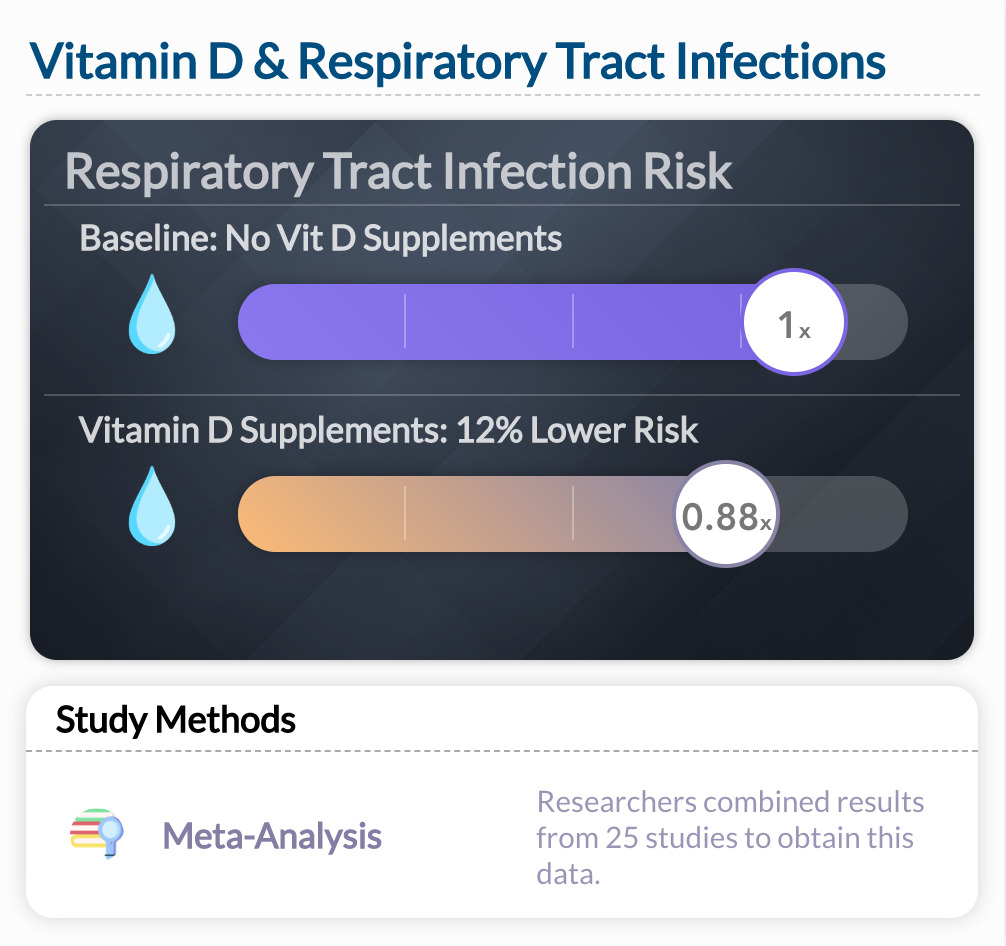

Why this matters
Generally, nutrition research tends to have conflicting answers. Even experts disagree. This particular study provides strong evidence that Vitamin D may indeed help with preventing respiratory tract infections. These include COVID-19 and the flu.
Study Source:
"Vitamin D supplementation was safe and it protected against acute respiratory tract infection overall. Patients who were very vitamin D deficient and those not receiving bolus doses experienced the most benefit."
Our Take

Vitamin D & The Flu
There is strong evidence linking Vitamin D to protection against the flu and other respiratory tract infections. Given that Vitamin D tends to be cheap, safe, and easy to find, it may be a good idea to talk to your doctor about whether starting Vitamin D supplements may be a good idea, particularly if you don't get enough direct sunlight.
Background
what is it?
where to get it
Key Facts
- typefat soluble
- sourcediet, skin
- other namescalciferol, cholecalciferol
Appearance
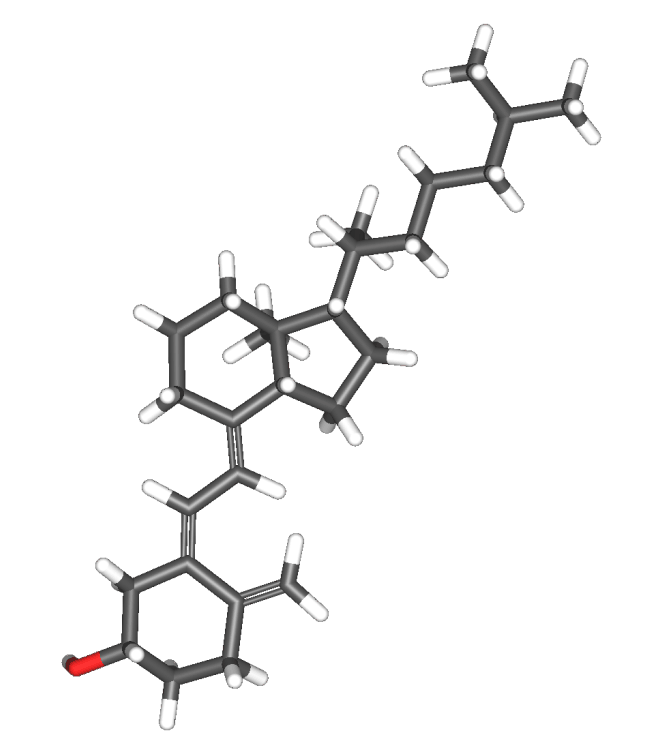
Use List

bone growth

calcium

immunity

the sun
your body can create vitamin D with assistance from the sun

diet
some foods such as milk and fish contain vitamin D

supplements
Vitamin D can also be obtained from dietary supplements

Key facts: Vitamin D plays a key role in bone growth, calcium absorption, and your immune system. Unlike some vitamins, your body can produce it with the help of the sun. Sunlight helps catalyze a key reaction in the production of Vitamin D.

How Vitamin D is Made: Skin cells are believed to create 7-Dehydrocholesterol. UVB Rays from the sun convert this to Vitamin D3. Your liver and kidneys convert this to active Vitamin D. Vitamin D is then distributed throughout the body.
More Information on Vitamin D

#vitamind
Scroll for more ->


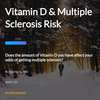


#new
Scroll for more ->











